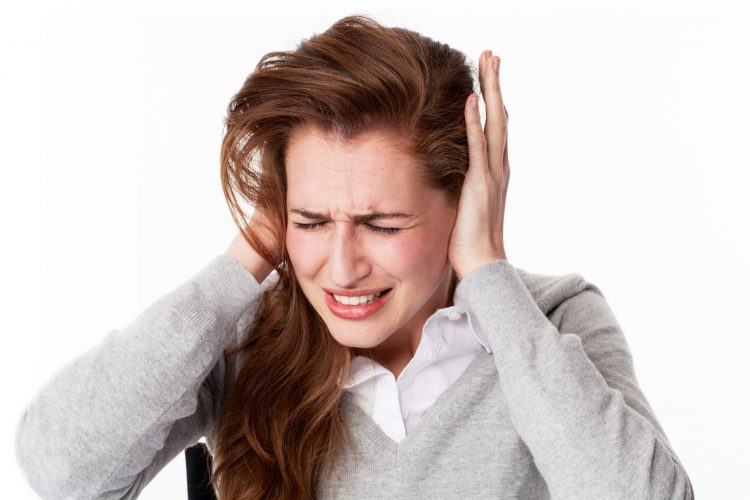
What Is Ménière’s Disease?
Identified by French doctor Prosper Ménière, Ménière’s disease is a disorder of the inner ear. It causes recurring episodes of sudden dizziness (vertigo) that can last from 20 minutes to several hours, along with fluctuating hearing loss (especially in low-frequency sounds) and tinnitus (ringing or buzzing in the ear).
In most cases, it only affects one ear. Secondary symptoms can include a feeling of fullness in the ear, nausea, vomiting, headaches or migraines.
Ménière’s disease is very rare in people under the age of 20. In most cases, it appears between ages 40 to 60.
How does Ménière’s disease occur?
The inner ear contains two fluids that are separate from one another: the endolymph and the perilymph. Ménière’s disease occurs when there is too much endolymph in the inner ear. The excess fluid exerts extreme pressure that can cause hernias or ruptures in parts of the walls retaining this fluid.
This pressure and/or mixing of the fluids in the inner ear (which is due to the membrane rupturing) causes episodic hearing impairment, tinnitus and dizziness.
Ménière’s disease can present itself differently depending on the person and it can cause permanent hearing loss over time. The vertigo usually tends to disappear after 10 years or so.
What are the possible causes of Ménière’s disease?
- Blood circulation problems
- Viral infection
- Allergic reaction
- Autoimmune reaction
- Migraine headaches
- Possibility of a genetic component
What can trigger dizziness in people suffering from Ménière’s disease?
- Stress, fatigue, emotional shock
- Changes in barometric pressure
- Alcohol, caffeine and high-sodium foods
What are the possible treatments?
- Preventing episodes by limiting the consumption of salt, alcohol and coffee
- Taking medication to relieve the sudden dizzy spells and vomiting
- Taking diuretic drugs
- Getting surgery
If you have these symptoms, an evaluation by an ENT doctor is necessary to investigate the possible causes through testing (imaging, tests to assess the functioning of the vestibular system, etc.).
An audiological evaluation is also required to document any hearing impairment.
If you have any questions about your hearing or that of a loved one, our hearing health professionals will be happy to answer them.
BY MÉLANIE BRIÈRE, Audiologist, Polyclinique de l’Oreille

